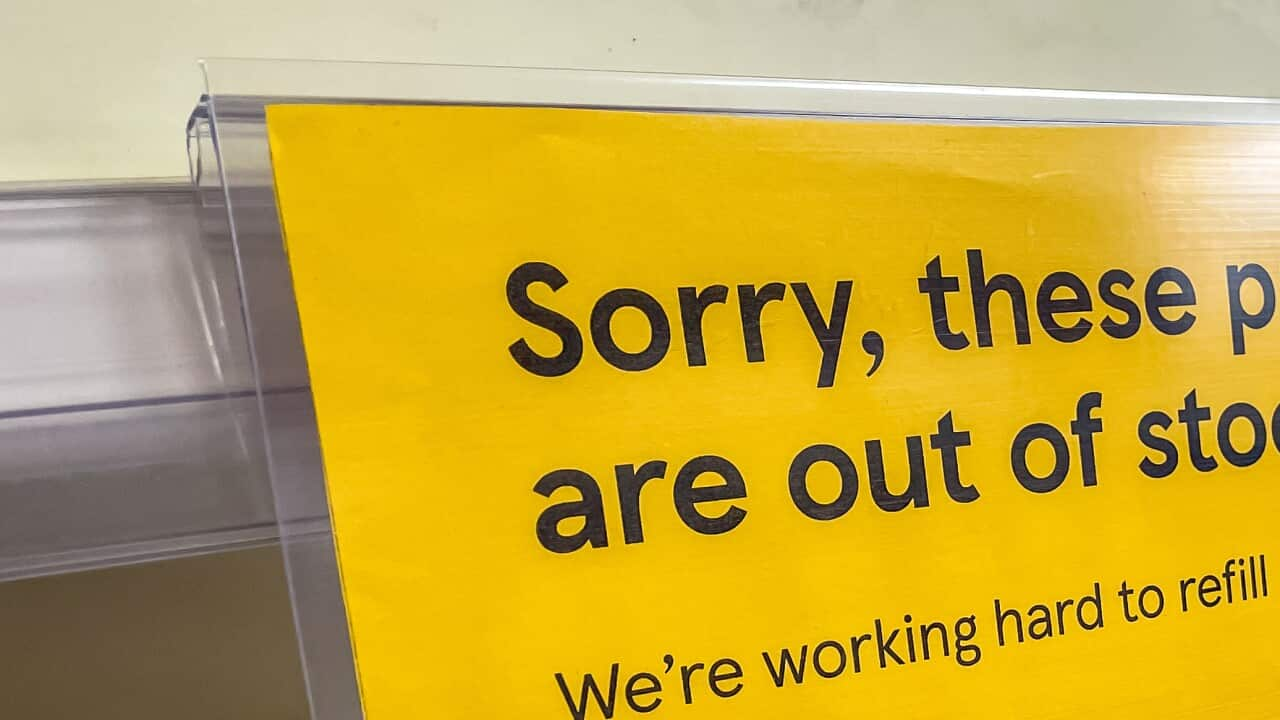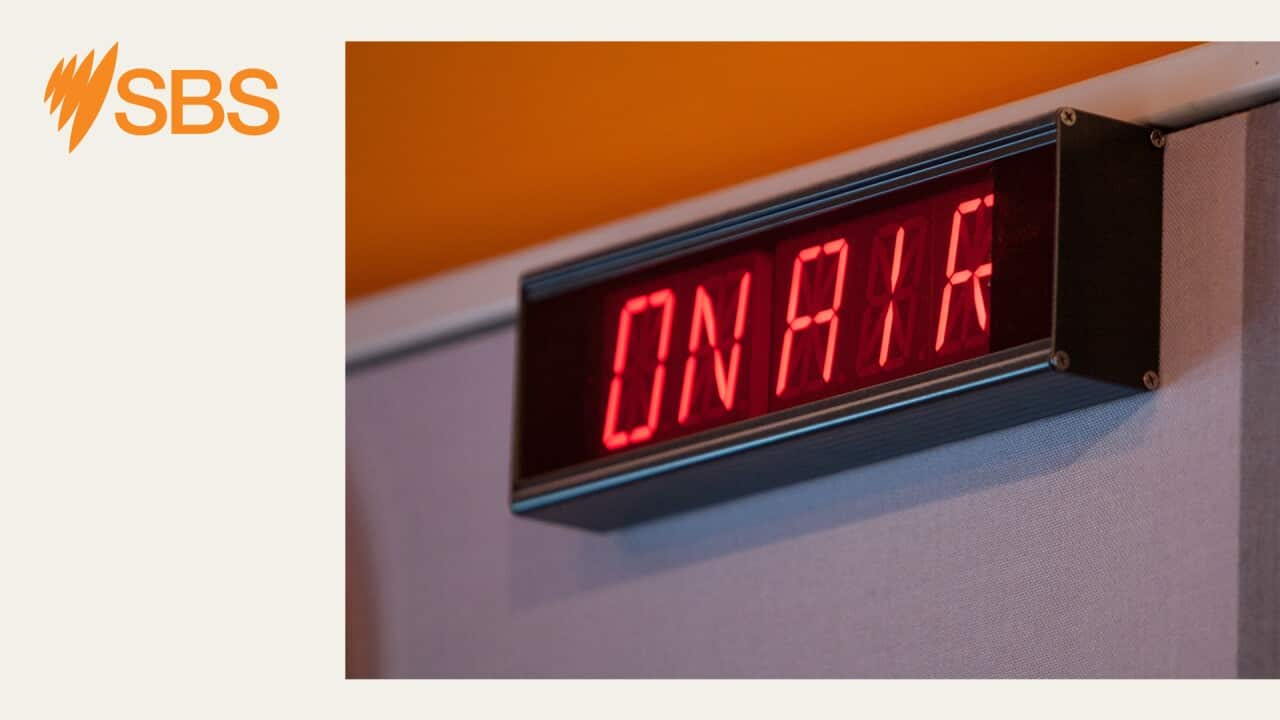Consumers were caught off-guard by the supply chain crisis that occurred some time ago, as a result of the widespread of COVID-19 pandemic.
Businesses that are constantly monitoring trends may be able to read the direction of the situation and take the necessary steps at the right time to minimise its impact on them.
But what about businesses that don't survive that situation? What if a similar crisis reoccurs in the future?
SBS Indonesian spoke to David Sutantyo, finance broker and Managing Director of Sydney-based Twelve Grains Capital, regarding the matter. Here's a snippet of the interview.
In general, in your view, how did a supply chain crisis like some time ago come about?
Mr Sutantyo: "Supply and demand, basically. So when everything was in locked-down, shopping at the store became more limited. Small and medium-sized businesses in the retail sector who are the worst affected are also the fastest to turn around, creatively looking for alternatives. Well, because buyers can't shop in stores, they look for online shopping. The delivery network is also growing very fast, and small and medium enterprises are also successful... as long as they can have stock."
Can buying and keeping a large stockpile of items help? Or is it a risk?
Mr Sutantyo: "Both. The key is planning and communication. With careful planning, this can be very helpful, but if you're not careful, it can also be a problem. For example, a retailer with more than 7,000 products can be very challenging. And what I've heard is that some businesses are more affected than others. American factories are said to be less likely to have problems than France, for example.
Some retailers also said that their sales increased by 300% at the beginning of the first lockdown, but at the end of the second lockdown, sales fell to 50%. This is a dilemma because it affects the cashflow of businesses — they have to buy extra stock because the delivery is delayed, and they need to pay extra to rent more storage spaces. So buying more stock, you have to be picky; you can't stock all the products, at least only the popular ones."
What about businesses with limited cash flow that aren't able to increase their supply stock?
Mr. Sutantyo: "It's easier said than done, but the key is careful planning. Entrepreneurs have to think long term because this crisis doesn't look like it will end in the near future. Small and medium enterprises tend to be easier to turn around or be creative in dealing with the issue compared to big business. If cash flow seems to be an obstacle, my advice is try to find a solution before this situation really becomes a problem. 'Prepare an umbrella before it rains'. This is what I always tell my clients too — the bank is like someone who lends us an umbrella when it's sunny and takes it back when it rains."
Listen to the full interview on the SBS Indonesian podcast.










